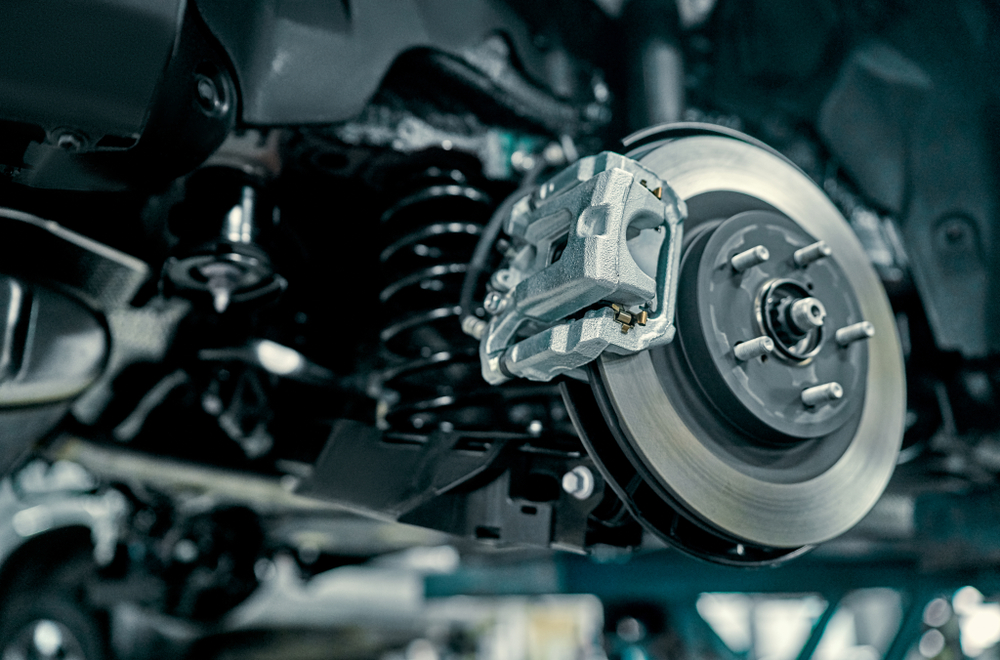What Happens if You Don’t Change Your Oil?
Published on
March 13, 2025

One of the most important things you can do to care for your vehicle and maintain good engine health is to ensure it's receiving regular oil changes. While the old automotive oil change standard was every three months or 3,000 miles, more advanced blends of motor oil and vehicle performance advancements now allow drivers to extend this duration by several more months and several thousand more miles before an oil change is necessary.
Have you ever wondered just why oil changes are so important? In this post, we'll take a closer look at why your car needs oil, what happens if you don't change your oil, and more.
Why Your Car Needs Oil
Motor oil lubricates all the engine components to reduce friction and ensure they're running smoothly. It can also help transfer heat away from the combustion chamber, keeping the engine running cool and minimizing the risk of overheating. Motor oil is also important for preventing corrosion or the formation of rust. Over time, engine oil becomes soiled and contaminated and doesn't work as effectively as it should, which is why regular oil changes are needed.
Signs Your Car is Running Low on Oil
Think you need an oil change? Here are some signs you may be running low:
- Your oil pressure warning light comes on.
- You notice decreased engine performance, especially when accelerating.
- Your fuel economy has been impacted.
- You smell burning oil.
What Happens if You Don't Change Your Oil?
While getting two to three oil changes a year may feel like a hassle, pushing your vehicle beyond the recommended oil change cycle only leads to bigger headaches for you in the future. Here's a look at some of the problems you're likely to face:
You Will Void Your Warranty
Manufacturer's warranties are only honored if you're properly maintaining your engine - and part of maintaining your engine is ensuring it receives regular oil changes.
Your Car Can Overheat
Remember, engine oil also helps keep your engine cool in addition to serving as a lubricant. If your car is running on aging engine oil, it's more likely to overheat.
You Will Cause Damage to Your Engine
The engine is the most important component under the hood of your vehicle. Neglecting oil changes can cause irreversible engine damage, which can impact the performance of your vehicle and be costly to repair.
Corrosion, Sludge, Rust, and More
Motor oil needs to be changed to remove the dirt, debris, and other contaminants that build up over time. If the oil isn't changed, a thick sludge can form that blocks engine passages. Rust formation and corrosion are also likely to occur.
Need an Oil Change? Find a GreatWater Shop Now!
For more information on the importance of oil changes and to schedule your next oil change, contact any of our local shops in the GreatWater 360 Auto Care network today. As a family of full-service auto centers, we do everything - from oil changes to engine and transmission repair. Contact us today for more information.

.png)
